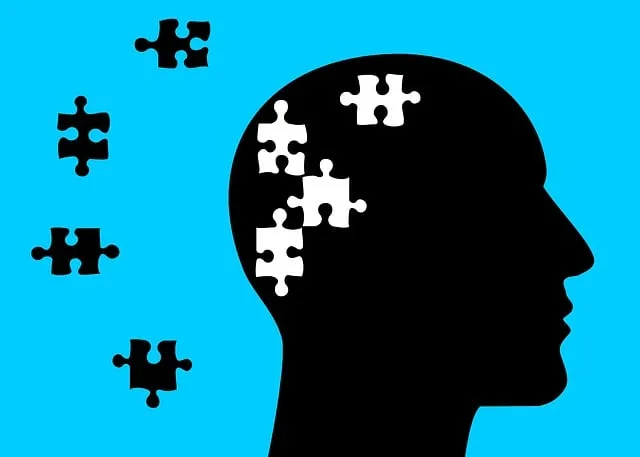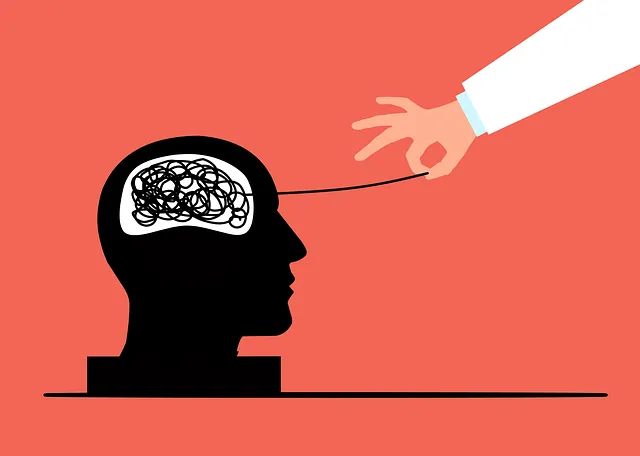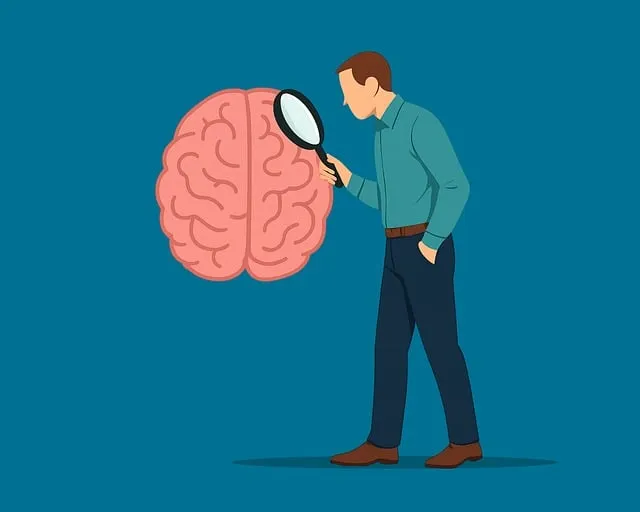Cultural competency training at Kaiser Permanente, Lone Tree, equips healthcare providers to offer tailored, respectful mental health services for diverse communities. Mindfulness, stress management, and empathy-building techniques create an inclusive environment, improve patient outcomes, and foster healthier communities. Evaluating training through patient satisfaction metrics and public awareness campaigns ensures long-term success.
Healthcare provider cultural competency training is essential in addressing diverse patient populations. This article explores critical aspects of cultural competency within healthcare, focusing on Kaiser Permanente’s mental health services in Lone Tree as a case study. We discuss the role of training in enhancing patient care, strategies to address mental health stigma and disparities, and methods for measuring the effectiveness of cultural competency initiatives. By understanding these components, healthcare providers can improve outcomes and build more inclusive practices. Additionally, this analysis delves into how organizations like Kaiser Permanente contribute to better mental health access in communities like Lone Tree.
- Understanding Cultural Competency in Healthcare
- Kaiser Permanente's Mental Health Services in Lone Tree
- The Role of Training in Enhancing Patient Care
- Addressing Mental Health Stigma and Disparities
- Measuring and Evaluating Cultural Competency Effectiveness
Understanding Cultural Competency in Healthcare

Cultural competency in healthcare refers to the ability of providers to understand, appreciate, and respect diverse cultural backgrounds, beliefs, and values among patients and communities. It involves recognizing that cultural factors can influence health behaviors, communication preferences, and treatment outcomes. For instance, Kaiser Permanente, a renowned healthcare organization, offers mental health services in Lone Tree, Colorado, where cultural competency training is integral to ensuring effective patient care. This training equips providers with the skills to navigate complex cultural landscapes, foster trust, and deliver culturally sensitive services tailored to individual needs.
By integrating mindfulness meditation, stress management techniques, and empathy-building strategies into their practice, healthcare professionals can create a more inclusive environment. Mindfulness practices, for example, help providers stay present and attentive during interactions, while stress management techniques enable them to maintain emotional resilience when dealing with challenging cultural situations. Empathy building strategies facilitate deeper connections, allowing providers to understand patients’ perspectives and offer personalized care that respects their unique cultural identities.
Kaiser Permanente's Mental Health Services in Lone Tree

Kaiser Permanente, a renowned healthcare organization, provides comprehensive mental health services in Lone Tree, Colorado. Their commitment to addressing the unique needs of the community is evident through various programs tailored to different demographics. The mental health division offers individual therapy, group support sessions, and specialized treatments for children and adolescents, ensuring that residents have access to quality care. With a focus on cultural competency, Kaiser Permanente trains its professionals to deliver services that are sensitive to diverse backgrounds, languages, and beliefs, fostering an inclusive environment.
Beyond clinical care, the organization prioritizes mental health awareness through educational initiatives and public campaigns. They believe in empowering individuals with knowledge about mental well-being, encouraging open conversations, and reducing the stigma associated with seeking help. Additionally, their Risk Management Planning for Mental Health Professionals underscores their dedication to creating a safe and supportive environment for both patients and practitioners, ensuring that Lone Tree residents receive the highest standard of mental health services.
The Role of Training in Enhancing Patient Care

Cultural competency training plays a pivotal role in enhancing patient care, especially for healthcare providers interacting with diverse communities. By understanding and appreciating cultural differences, providers can offer more personalized and effective treatments. This is crucial in organizations like Kaiser Permanente, which serves a wide range of patients in various locations, including Lone Tree. Such training enables healthcare workers to navigate complex issues, ensuring that every patient receives respectful, culturally sensitive care.
For instance, resilience building and mindfulness meditation techniques have been integrated into cultural competency programs, helping providers manage stress and improve their ability to connect with patients from different backgrounds. Additionally, training in mood management strategies can facilitate better communication, especially when addressing mental health concerns prevalent in specific communities. This holistic approach not only improves patient outcomes but also fosters a more inclusive healthcare environment, reflecting Kaiser Permanente’s commitment to quality care for all.
Addressing Mental Health Stigma and Disparities

Mental health stigma and disparities are significant challenges within healthcare, often exacerbating existing inequalities. Kaiser Permanente, as a leading healthcare provider in Lone Tree and beyond, recognizes the critical need to address these issues through comprehensive training initiatives. By prioritizing cultural competency, Kaiser Permanente aims to create an environment where individuals feel comfortable seeking mental health services and receive culturally sensitive care.
Through self-care routine development for better mental health, communication strategies, and public awareness campaigns creation, the organization fosters understanding and empathy among its staff. These efforts are crucial in breaking down barriers that prevent people from accessing necessary support. By promoting open discussions about mental health and reducing stigma, Kaiser Permanente ensures that all individuals, regardless of their background or culture, can receive the care they need, ultimately leading to healthier communities.
Measuring and Evaluating Cultural Competency Effectiveness

Evaluating the effectiveness of cultural competency training is a crucial step in ensuring its impact and long-term success. This process involves careful measurement to gauge how well healthcare providers are incorporating cultural awareness into their practices. One way to assess this is through post-training assessments, where participants’ knowledge and attitudes are tested before and after the program. These evaluations can reveal improvements in understanding diverse cultural perspectives, challenging biases, and adapting communication strategies.
Furthermore, real-world outcomes can be a powerful indicator of cultural competency’s effectiveness. For instance, in areas like Kaiser Permanente’s Lone Tree service region, where mental health services play a significant role, tracking patient satisfaction rates, treatment adherence, and clinical outcomes related to emotional healing processes can demonstrate the tangible benefits of training. Public Awareness Campaigns focused on Mental Health Awareness contribute to this evaluation by fostering a broader cultural shift, making it easier for providers to offer sensitive and culturally responsive care.
Cultural competency training is a game-changer in healthcare, especially in addressing mental health disparities. As previously mentioned, Kaiser Permanente’s initiatives in Lone Tree demonstrate the effectiveness of such programs. By understanding cultural nuances and challenging stigma, healthcare providers can significantly enhance patient care, ensuring that services are accessible, sensitive, and tailored to diverse communities. In light of these findings, it’s crucial for organizations like Kaiser Permanente to continue investing in cultural competency training, ultimately fostering a more inclusive and effective healthcare system. And remember, when seeking mental health services in Lone Tree, does Kaiser Permanente offer them? The answer lies in the organization’s commitment to cultural competency.






